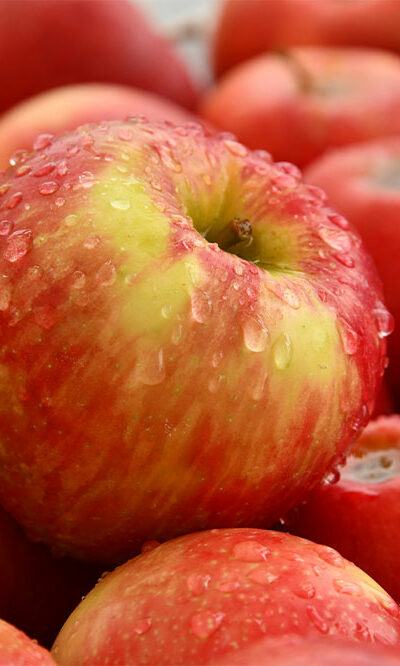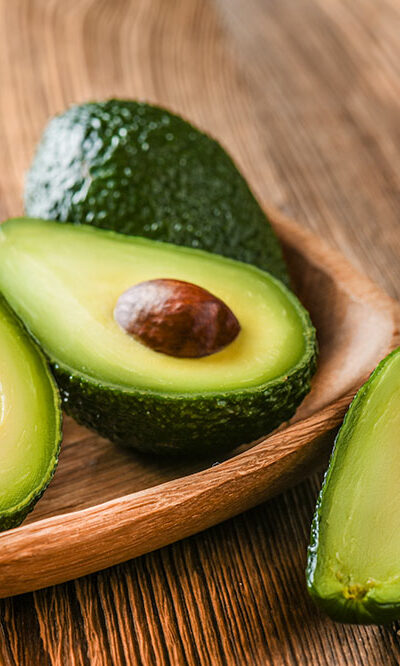
3 common cleaning mistakes and ways to avoid them
During housecleaning, people mostly follow their normal cleaning routine. Although this routine may seem like second nature, some cleaning habits adapted over the years may do more harm than good. It may also include leaving behind bacteria, grime, and dust that may create more work later and lead to health conditions, worsening allergies, and other health problems. Keep reading to learn about some common cleaning mistakes to stay away from. Mistakes to avoid while cleaning In most cases, the goal of the cleaning routine is to finish the task as soon as possible and move on to more critical chores. However, this could lead to a few mistakes that make the house dirtier. Some such common mistakes are listed below. Usage of dirty cleaning tools A cleaning routine is only as good as the cleaning tools one uses. Hence, using the right tools and ensuring they are clean is important. It may help avoid spreading bacteria, dust, and dirt throughout the house. Therefore, to avoid such mistakes, one must regularly wash the cleaning cloth, scrub brushes, and mop heads after every use. Furthermore, one can also sanitize germy items such as toilet brushes and empty the vacuum for optimum cleaning. Not pre-soaking the utensils If one leaves pots and pans on the stovetop while eating, it may lead to cheese and sauces setting into the skillet. Furthermore, one may have to rigorously scrub the utensils to remove the baked-on food and other condiments. Hence, experts suggest transferring the foods from the pots and pans to other utensils once cooked and soaking the utensils in warm soapy water during mealtime. However, if one uses aluminum utensils, one must first let the utensil cool down, as cold water could potentially warp a hot aluminum pan. Rubbing on stubborn stains In most cases, spills and splatters necessitate immediate attention to avoid the set-in of stubborn stains.










